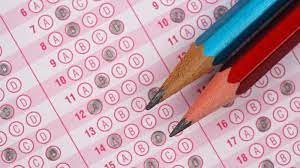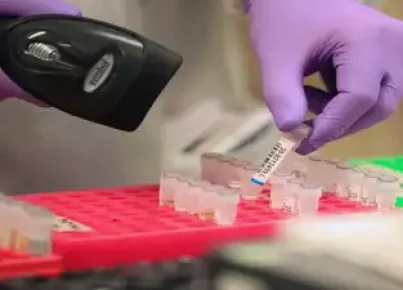In recent years, there has been a mounting backlash against standardized testing in education systems globally. Students, teachers, and parents alike are questioning the effectiveness of these tests in evaluating student performance and preparing them for life beyond school. The debate surrounding standardized tests has only intensified as schools face new challenges brought on by the pandemic.
Standardized testing, which measures students’ knowledge and skills in core subjects like math, reading, and science, has long been a staple in curricula worldwide. Proponents argue that these tests provide an objective way to determine the quality of education students receive and highlight areas in need of improvement. Critics, on the other hand, assert that the tests contribute to a narrow focus on test prep that stifles creativity, critical thinking, and other important skills.
One consequence of standardized assessments is the tendency for teachers to “teach to the test.” Since test scores often reflect teacher performance reviews or school funding decisions, teachers may prioritize preparing their students to succeed on these exams at the expense of fostering intellectual curiosity and teaching broader life skills.
Moreover, many argue that standardized testing fosters an unhealthy competitive environment among students. The emphasis placed on test performance can create a stressful atmosphere in which students feel pressure to meet ever-increasing standards. This anxiety can result in disengagement from learning and participation in extracurricular activities or even lead to adverse mental health outcomes.
Another issue with standardized testing is its inability to accommodate different learning styles. For example, children with dyslexia often perform poorly on reading tests despite their intelligence level. Other students who learn best through hands-on experiences or creative activities may be unfairly labeled as underachievers if they struggle with multiple-choice exams.
Disparities in standardized testing performance also highlight systemic inequalities within education systems that may create further barriers for marginalized communities or prevent schools with limited resources from closing achievement gaps. Test results can reinforce stereotypes about low-performing schools in disadvantaged areas, potentially impacting the allocation of resources and perpetuating a cycle of struggle.
To counteract these issues, some educational institutions have moved toward alternative forms of assessment that better recognize students’ unique learning styles and strengths. Such methods include project-based assessments, portfolios showcasing student work, and teacher evaluations. In response to the pandemic, colleges and universities worldwide have also adopted a more flexible approach to standardized test score requirements for admissions, acknowledging the realities faced by today’s students.
In conclusion, the backlash against standardized testing calls for a reevaluation of assessment methods in education systems worldwide. Recognizing the value of diverse learning styles and fostering holistic development is essential for cultivating well-rounded students who are prepared for life beyond the classroom. As educators rethink evaluation approaches, we must work towards equitable systems that support all learners in reaching their full potential.





